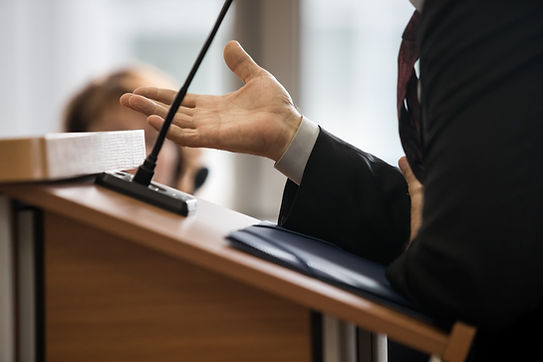
Rabat
Morocco
GOVERNMENTAL DESTINATION
General information
Rabat, the capital and seventh-largest city of Morocco, is located on the Atlantic coast at the mouth of the Bou Regreg River. As the political, administrative, and cultural center of Morocco, Rabat plays a crucial role in North African diplomacy and international relations. The city is known for its historical landmarks, cultural heritage, and its strategic importance as a center for governance in the Maghreb region. Rabat's location and its influence in regional and international affairs make it an essential destination for governmental and institutional travel, particularly for discussions on regional security, economic development, and cooperation in North Africa.

Testimonials
Mohammed VI, King of Morocco: 'Rabat is not just the capital of Morocco, but also a place where North Africa and the world come together to discuss and shape the future.' (Source: Speech at the African Union Summit 2020). Antonio Guterres, UN Secretary-General: 'Rabat plays a crucial role in regional stability and cooperation, and it is a key partner for the United Nations.' (Source: Remarks at the UN-Morocco Partnership Meeting 2019). Ahmed Aboul Gheit, Secretary-General of the Arab League: 'Rabat's strategic position in North Africa makes it an essential location for regional diplomacy and cooperation.' (Source: Interview in Al Jazeera 2019).
Importance of the GITT sector
Rabat is a key hub for diplomacy and international relations in North Africa. Its strategic location on the Atlantic coast and its political significance make it a preferred destination for high-level governmental meetings and international events. The city is recognized for its role in hosting significant diplomatic gatherings, serving as a platform for regional and global discussions, particularly within the African Union, the Arab League, and the United Nations.
Diplomacy and institutions
Rabat hosts over 90 embassies and consulates, representing countries from around the world. The city is also home to important international organizations and institutions, such as the United Nations Educational, Scientific and Cultural Organization (UNESCO) Office in Rabat and the Arab Maghreb Union headquarters, underscoring its importance as a center for diplomacy and international cooperation.

Rail and conections
Rabat is well connected by rail to other major cities in Morocco, including Casablanca, Marrakech, and Tangier. The city's public transportation system includes buses, trams, and taxis, but private transportation services with drivers are preferred by official delegations to ensure security and privacy during their movements within the city.

Airports
Rabat is served by Rabat-Sal� International Airport, located about 8 kilometers northeast of the city center. The airport handles both commercial and private flights, providing VIP services for official delegations, including private lounges and enhanced security measures.

Venues
Rabat offers a variety of venues suitable for hosting governmental events, including the Mohammed V National Theatre, the Sofitel Rabat Jardin des Roses, and the Villa Mandarine. These venues are equipped with modern technology, high security standards, and are well-suited for hosting international summits and meetings, ensuring a secure and efficient environment for diplomacy.
Economic, social and cultural impact of the sector on the destination
Governmental and institutional events in Rabat account for approximately 8% of the total spending on tourism and events in the city. These events generate significant revenue for the local economy, particularly in the hotel and restaurant sectors, and reinforce Rabat's position as a key center for international diplomacy, promoting social cohesion and cultural exchange.

Governmental events
Rabat has hosted numerous important international events, including the African Union Summit and the United Nations Climate Change Conference (COP22). These events highlight Rabat's role as a significant venue for international cooperation and dialogue in North Africa.

Sustenability and RSC
Rabat has implemented various initiatives to ensure that governmental events are sustainable, including the use of renewable energy in major venues and the promotion of recycling practices. The city is also focused on reducing its carbon footprint through the development of public transportation and the implementation of environmental measures in event planning.